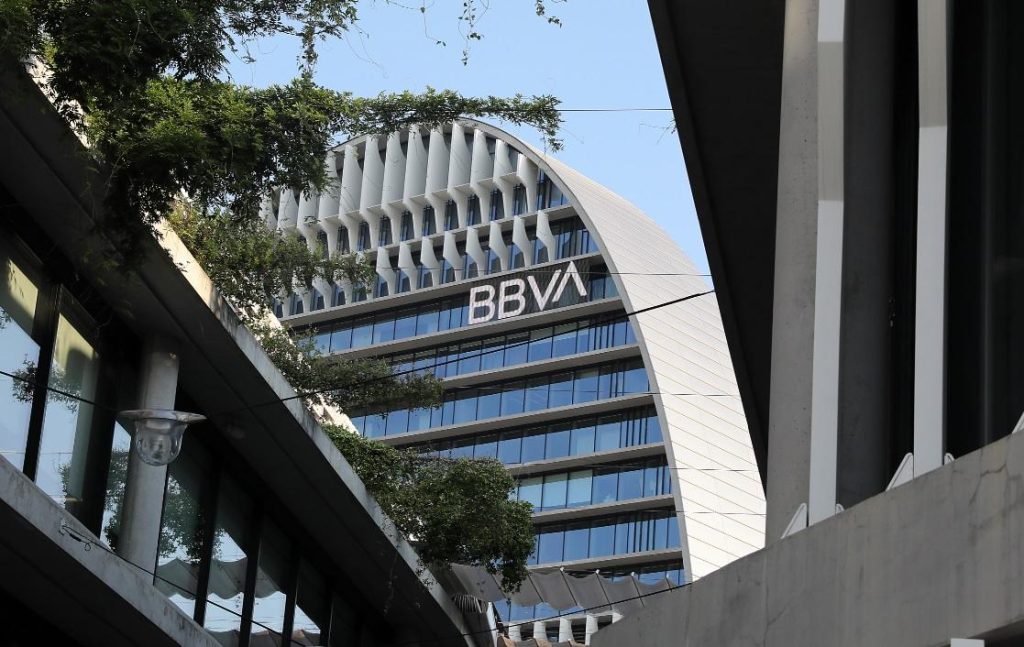Spanish Bank BBVA announced that it achieved a quarterly sustainable finance record, channeling more than €30 billion (USD$34.6 billion) into environmental and social projects in Q2 2025. The bank reported that its sustainable finance volumes for the first half of 2025 reached €63 billion, increasing by 48% over same period last year.
BBVA’s strong sustainable finance results follows an announcement earlier this year by the bank of a new goal to channel €700 billion in sustainable finance between 2025 – 2029, more than twice the bank’s previous goal of €300 billion from 2018 – 2025, and over a significantly shorter period, after beating the target at the end of 2024, a year ahead of schedule.
At the time, BBVA said that its sustainable finance initiatives will be focused primarily on climate change and natural capital, including water, agriculture and circular economy, as well as the promotion and financing of social initiatives, such as social, educational and health infrastructure, support for entrepreneurs and fledgling companies, and the financial inclusion of the most underprivileged segments of society.
In its H1 2025 update, BBVA reported that of the sustainable finance volume channeled to date, 76% targeted projects related to climate change and natural capital, while 24% was allocated to social initiatives and opportunities.
Each customer segment reported strong sustainable finance growth in the first half of the year, according to BBVA, particularly its retail business, surging by 119% over last year to €7.5 billion, with the bank highlighting standout areas including digital solutions enabling customers to estimate their energy savings potential, as well as financing for hybrid and electric vehicles. BBVA’s Commercial Banking division increased by 53% to €23.6 billion, while Corporate and Investment Banking (CIB) contributed €31.9 billion, up by 34% over the same period in the prior year.
In a statement announcing the results, BBVA said:
“BBVA aims to promote sustainability as a driver of growth and, through it, to foster new business. Climate, natural capital, and social opportunities are the three pillars on which its sustainability strategy is based.”

